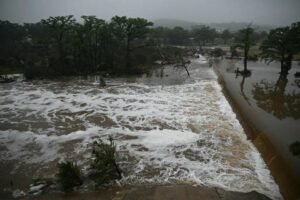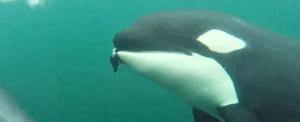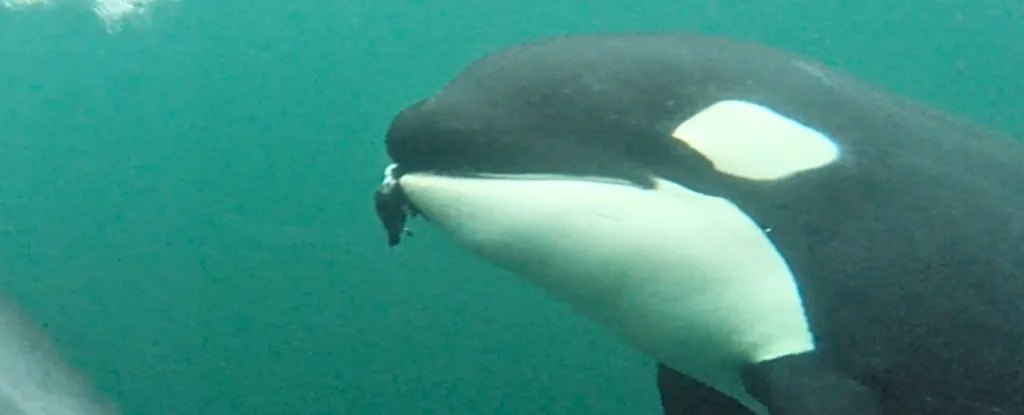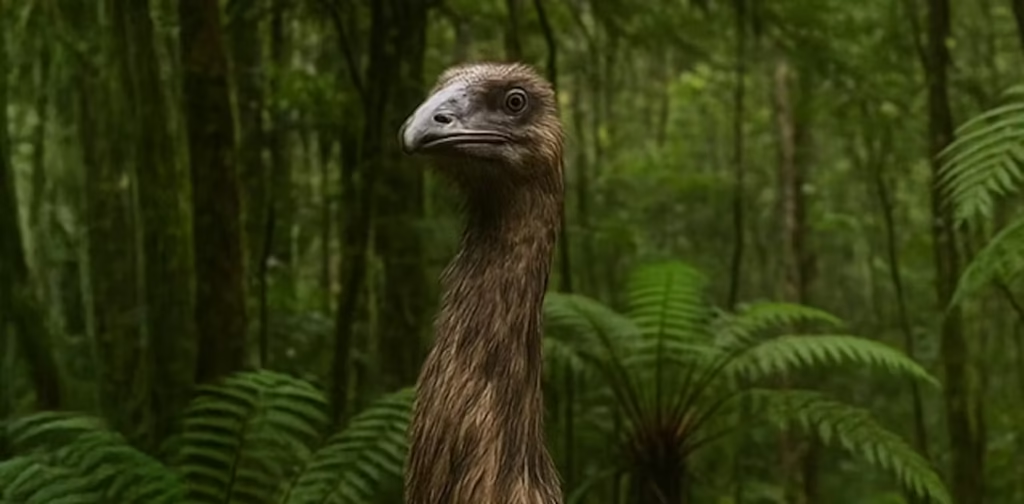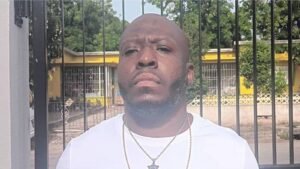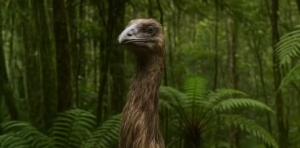Today:
Saturday, July 12 2025
What are You Looking For?
Trending News
Flash Story
 Extreme heat is a killer. A recent heat wave shows how much more deadly it’s becoming
Extreme heat is a killer. A recent heat wave shows how much more deadly it’s becoming
 The Guadalupe River long has been a haven of adventure and joy. After deadly flooding, it’s a source of grief with an uncertain future
The Guadalupe River long has been a haven of adventure and joy. After deadly flooding, it’s a source of grief with an uncertain future
 The US has a plan to breed millions of flies and drop them from planes. Here’s why
The US has a plan to breed millions of flies and drop them from planes. Here’s why
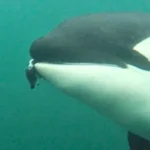 Orcas are bringing humans gifts of food – but why?
Orcas are bringing humans gifts of food – but why?
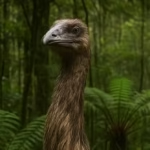 Giant, flightless bird is next target for de-extinction company Colossal Biosciences
Giant, flightless bird is next target for de-extinction company Colossal Biosciences
Editor's Picks
Main Story
Trending Story Now
About The Author

USA Independent
USA Independent is a cutting-edge digital news portal dedicated to delivering reliable, unbiased, and up-to-the-minute news to readers across the United States and beyond. Established with the mission of fostering transparency and informed public discourse, USA Independent covers a wide range of topics, including politics, business, technology, culture, health, and global affairs.

